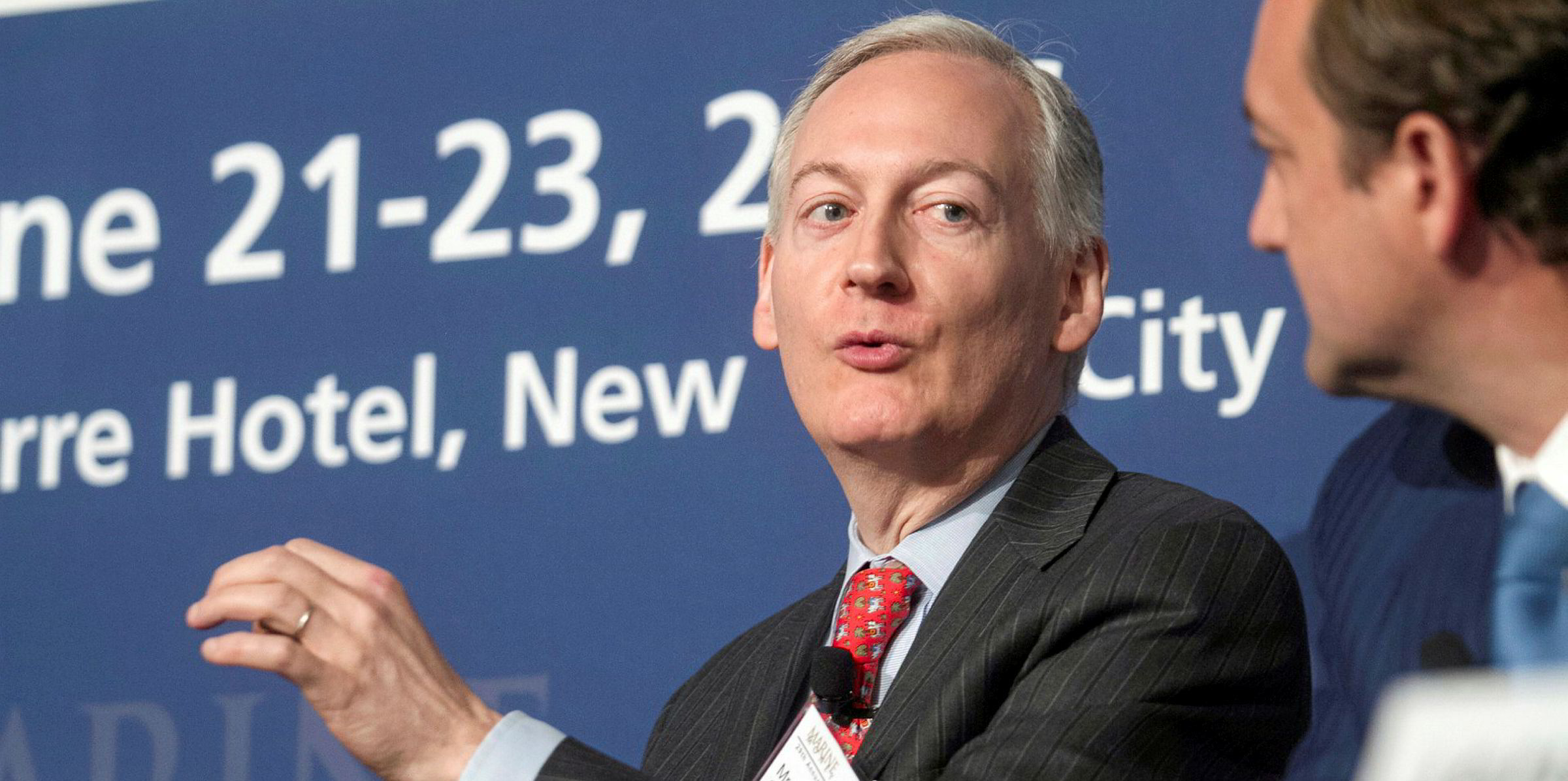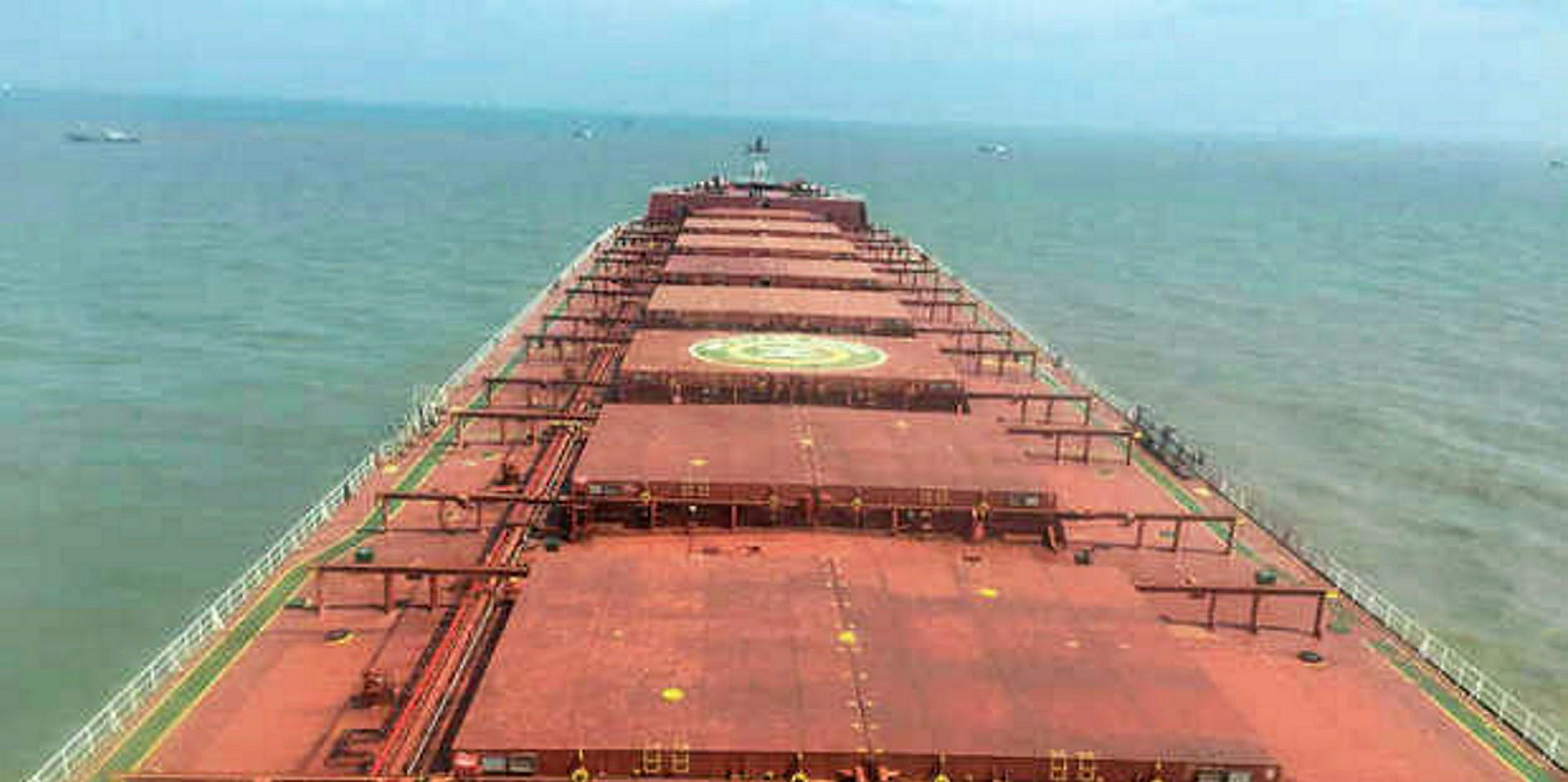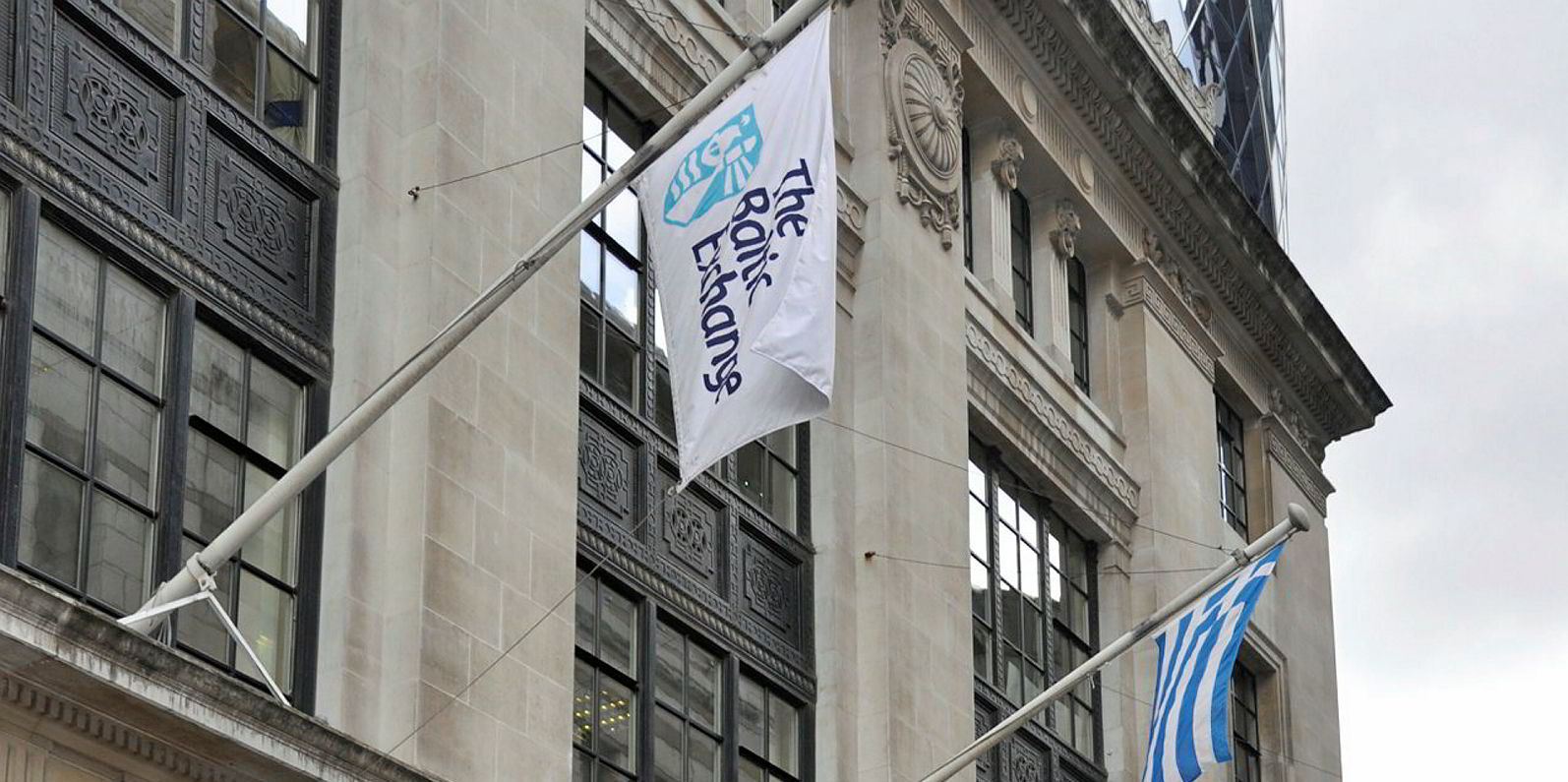Demand for capesize bulk carriers should continue to run hot for another 50 days, which should help keep rates firm, according to Star Bulk Carriers' president Hamish Norton.
The main element supporting the cape spot market right now is the same factor that caused its weakness earlier this year: Brazil.
"Right now, capesizes have an interesting situation,"Norton said on Tuesday, during a Capital Link webinar.
"People were afraid to ballast to Brazil and so there is a significant shortage of capes in the Atlantic, which is where the demand for iron ore movements is right now."
He continued: "For the next 50 days, what we see is that the VLOCs controlled by Vale are all loaded and are heading east, laden. And there are no capes.
"So we've got 50 days of almost guaranteed high capesize rates, while the Brazilians ramp up their production, which they seem to be doing pretty quickly."
Chinese imports
McKinsey & Company expects China's economic growth to slow to 6% this year, but Norton said the country's import demand for iron ore shows no sign of abating.
"China is weaker in some sectors but not crude steel and pig iron production, which is directly related to iron ore consumption. In the first half [of 2019], it's up 10% year on year," he said.
"And we're still in the early part of the high production season. Iron ore consumption is expected, by us at least, to remain high."
Chinese fiscal stimulus measures will also support the capesize market, Norton said.
"Their fiscal stimulus has almost always involved things that subsidise steel production, such as infrastructure and real estate, so we're seeing no shortage of demand from China," he explained.
Tonne-mile demand will be supported by China's preference for high-quality iron ore, which is better for air quality because it requires less processing, Norton explained.
Today's market
Rates on most capesize benchmark routes edged higher again today, according to Baltic Exchange assessments.
The weighted timecharter average rate for the Baltic Exchange's five major benchmark routes (5TC) was today assessed at $26,403 per day, $36 higher than Tuesday.
The assessment has advanced by 38% over the past two weeks.
As if to confirm Norton's comments on Brazil, rates on iron ore routes from the country continue to rise.
The Baltic assessed the Tubarao to Qingdao (C3) route today at $22.327 per ton, which is $0.154 more than on Tuesday.
Rates on the route at at the highest level seen in 11 months, according to Baltic data.
Rates from Brazil to the European Continent saw a more modest boost.
The Tubarao to Rotterdam (C2) route was today assessed at $10.367 per ton, which is $0.045 more than on Tuesday.





